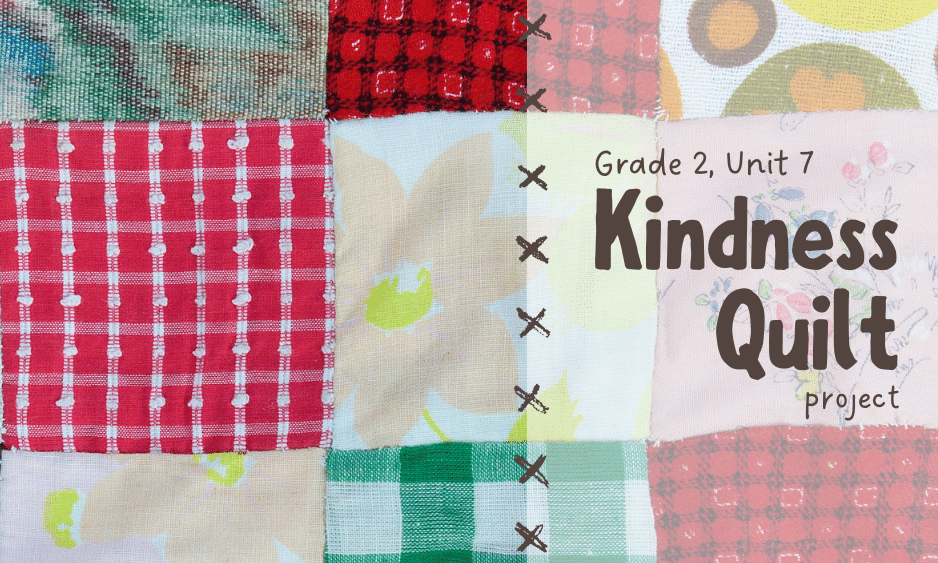Fall Songs for Young ChildrenSeasonal songs serve as a musical reflection of the ever-shifting environment, celebrating the beauty and significance of each season and a deeper appreciation for the cyclical nature of life. This approach fosters a sense of connection to the natural world and helps children develop a heightened awareness of time's passage, instilling a sense of harmony and balance with the world around them.
The following are some fun fall songs to incorporate into your daily rhythm this season.
1 Comment
Pssst! We now have Kindergarten curriculum which you can find HERE AND we have a mini-course: Learn to Teach Finger Knitting which you can find HERE. The essential elements of a Waldorf Kindergarten are not the specific activities (baking, painting, etc.) but should reflect the underlying philosophy of Waldorf-inspired kindergarten: It's play-based, non-academic, and nature-inspired.
The kindergarten-aged child (and even the 3-4-year-old) learn through imitation, open-ended creative play, movement, music, stories, artistic activities and purposeful work. Your role as the parent is to form the daily and weekly rhythm, create lots of opportunity to learn and play, and build your relationship with your child. Each Daily Wonder unit comes complete with three weeks of guided daily curriculum and a 4th week called a Flex Week. Parents can rest assured that the curriculum is covered as planned for each unit during the first three weeks. If parents choose to continue the daily routine with Flex Week, they will continue to cover the curriculum and expand on that with design thinking as well.
The Flex Week project for the Grade 2, Month 7, The Wonder of Reading unit is the completion of a Kindness Quilt. The theme of kindness runs through the stories told during this unit. Stories of kindness are a perfect backdrop for the level of reflection appropriate for the 7 or 8-year-old. It is more developmentally appropriate for a child this age to feel how they feel rather than to think about how they feel. This means it is easier for them to read about kindness and feel how that care feels than for them to bring this into their thinking for analysis. Children thrive in a predictable rhythm and routine. We see their anxiety lessen when they know what to expect. When meals and bedtime happen regularly , it anchors their day. Once established, it is helpful to find other aspects of the day that you can commit to making happen regularly. Homeschool is, of course, a source of rhythm for your child. Although these days, school can be somewhat unpredictable as well, giving us even more reasons to fill moments in your child’s day with heartfelt connection and a sense of calm.
Modelling gratitude is such a gift we can give our children. Mealtime blessings are a great way to establish the family rhythm and ritual together. Here are 3 popular mealtime blessings that we used at our Waldorf school.
Passover (Pesach in Hebrew) is a Jewish holiday that celebrates the Hebrews' liberation from slavery by the great prophet Moses. Moses would not have survived to free his people, had it not been for the cleverness of his sister Miriam. She set him in a basket on the river Nile, and watched over him until the Pharaoh's daughter found him and took him home to be her own son. In this way, Moses survived the dangerous times in Egypt, and grew up with a deep compassion for the Jewish people. In his adult years, he fulfilled his destiny to guide the Jewish people out of slavery in Egypt, to form a covenant with God through the Ten Commandments. Miriam, perhaps the only woman in the bible, who is not referred to as someone's mother or daughter, has, in more recent times, taken a place of honour at the Passover Seder. As Jewish celebrations and rituals become modernized to fit our new levels of awareness, we turn to the women of the Bible stories, choosing to elevate them to places of importance. In modern Jewish rituals, when the Seder, or religious dinner ritual takes place, many families choose to include Miriam as one of the sacred guests. A cup is filled with water, in her honour, and songs and stories are shared to celebrate her strengths. What a wonderful time we live in, where we can honour the importance of the feminine, and include it in a ritual that was formed thousands of years ago. Ways to CelebrateHere are some ways you can learn more about Miriam and celebrate her as well.
Sing Miriam's Song A beautiful song depicting the spirit of women now and in ancient days. Here are the lyrics so you can sing along: |
BlogExplore schedules, rhythms & routines, songs, music, festivals, free play, meals, projects & more to support your homeschooling program.Categories
All
Archives
July 2024
|
You might be wondering... |
Visit us on Teachers Pay Teachers© COPYRIGHT 2020. ALL RIGHTS RESERVED
Serving your worldwide educational needs from Comox Valley, BC, Canada. |




 RSS Feed
RSS Feed